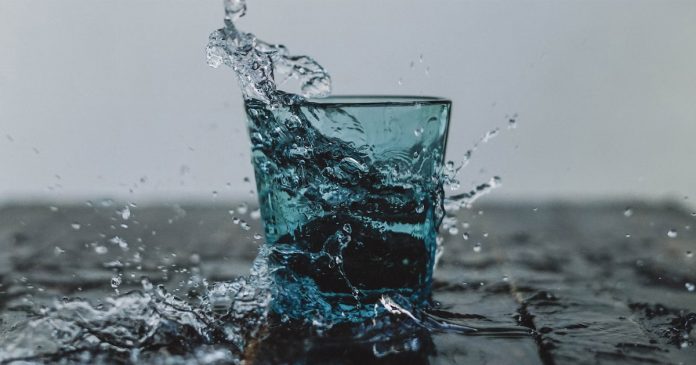Мінеральна вода має особливий смак завдяки вуглекислоті, що надає їй кислуватий відтінок. Однак навіть звичайна водопровідна вода також містить певну кількість мінералів та проходить обробку для забезпечення її чистоти та безпеки.
Мінеральна вода багата на такі важливі мікроелементи, як кальцій, хлор, фосфор, магній, калій, натрій та сірка. Ці елементи необхідні для нормального функціонування організму, включаючи синтез гормонів, виробництво ферментів і підтримку здоров’я зубів, запобігаючи карієсу. Мінеральну воду видобувають з природних джерел, і вона широко використовується заради її лікувальних властивостей. Вода з певних джерел може допомогти зміцнити здоров’я серця, оскільки знижує рівень холестерину в крові та зменшує ризик ішемічної хвороби серця завдяки вмісту магнію.
Більш того, мінеральна вода є важливим елементом дієти для тих, хто прагне знизити вагу, оскільки допомагає метаболізувати жири, не містячи калорій. Але, як і в будь-якому продукті, мінеральна вода має свої недоліки. Надмірне споживання цієї води може призвести до побічних ефектів. Один із них — можливість перенесення хімічних речовин із пластикових пляшок в саму воду, що загрожує потраплянням мікропластика в організм.
Крім того, газована мінеральна вода містить вугільну кислоту, що може викликати здуття живота та проблеми з травленням. Хоча мінеральна вода зазвичай містить менше мікробів, вона все ж не проходить процес знезараження, тому містить певні мікроорганізми. Одним із важливих аспектів є те, що газована мінеральна вода може пошкодити зубну емаль через її кислотність. Це підтвердили дослідження вчених з Бірмінгемського університету.
Мінеральна вода має безліч корисних властивостей, але важливо дотримуватися помірності у її вживанні. Потрібно також звертати увагу на умови зберігання та упаковку, оскільки пластик може негативно впливати на якість води.


